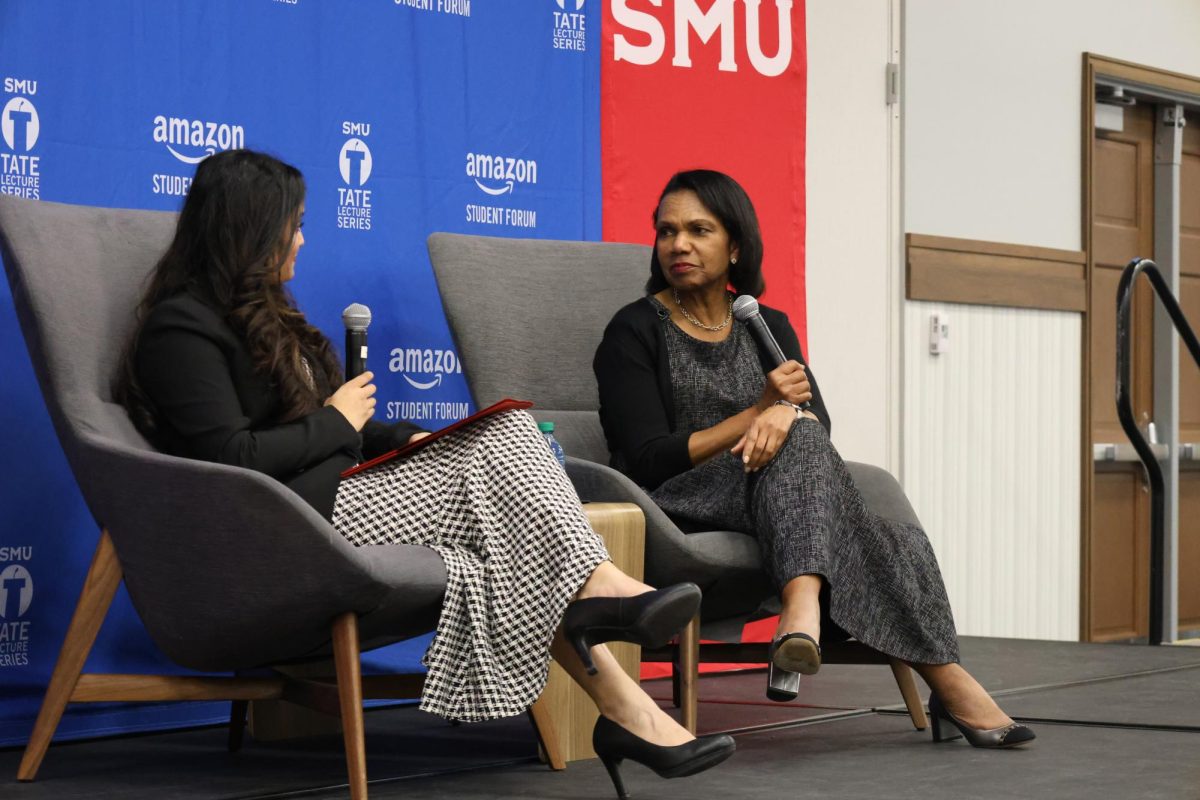SMU law professors Christopher H. Hanna and Orly Mazur discussed the impact of President Trump’s new tax law at a talk last week hosted by the Mustang Bar Law Alumni Association of SMU’s Dedman School of Law
The Trump Tax Talk: An Insider’s Look at the Law’s Drafting and Impact focused on the ways in which individuals and businesses will be affected by the new tax law. Professors Hanna and Mazur said that students especially should understand the new tax law because tax reform is unlikely to occur again for a decade.
“The new Tax Act affects everyone and every aspect of the economy,” Mazur said. “So it will affect a graduate’s employment contracts, their after-tax income, how the company they work for is structured, the types of deals they do, what jobs are available, their wages, the state of the economy, and more.”
Jennifer M. Collins, Judge James Noel Dean and Professor of Law at SMU Dedman School of Law, welcomed the attendees and introduced Professors Hanna and Mazur. She said this event is part of a series of “flash classes,” designed to educate the SMU community on newsworthy developments in the law.
“Past flash classes have covered everything from the death of Justice Scalia to president’s Trump’s actions on immigration to the awful events in Charlottesville to the Harvey Weinstein scandal,” Dean Collins said.
Professor Hanna, who serves as the Senior Policy Advisor on Tax Reform to the U.S. Senate Finance Committee, gave an overview of the Tax Cuts and Jobs Act. Hanna was part of the “Big Six” meetings and participated in the drafting of the new tax law.
In the talk, Hanna outlined the corporate, individual and international tax provisions. The planning of this act was focused on corporate taxation. Before the tax revision, corporate tax in the U.S. was one of the highest in the world. The Tax Cuts and Jobs Act lowers the corporate tax rate and levels the playing field for U.S. corporations. A lower tax on corporations will keep companies in the U.S. and bring home the companies that fled to foreign nations to find tax relief. The corporate tax cut had bipartisan support.
According to Hanna, the corporate tax cut could not happen without individuals also seeing a tax reduction, and those reductions had to be bigger than the corporate cuts.
“The new tax law enacted this past December will be quite beneficial to middle class families,” Hanna said.
Mazur was asked about her thoughts on the effects of the new tax law on the middle class. She also agreed with Hanna in that the new tax law will be beneficial for the middle class.
“They will receive a much smaller percentage of the tax benefits than higher income families,” Mazur said. “Also, any benefit is temporary as most of the individual tax provisions expire at the end of 2025.”









